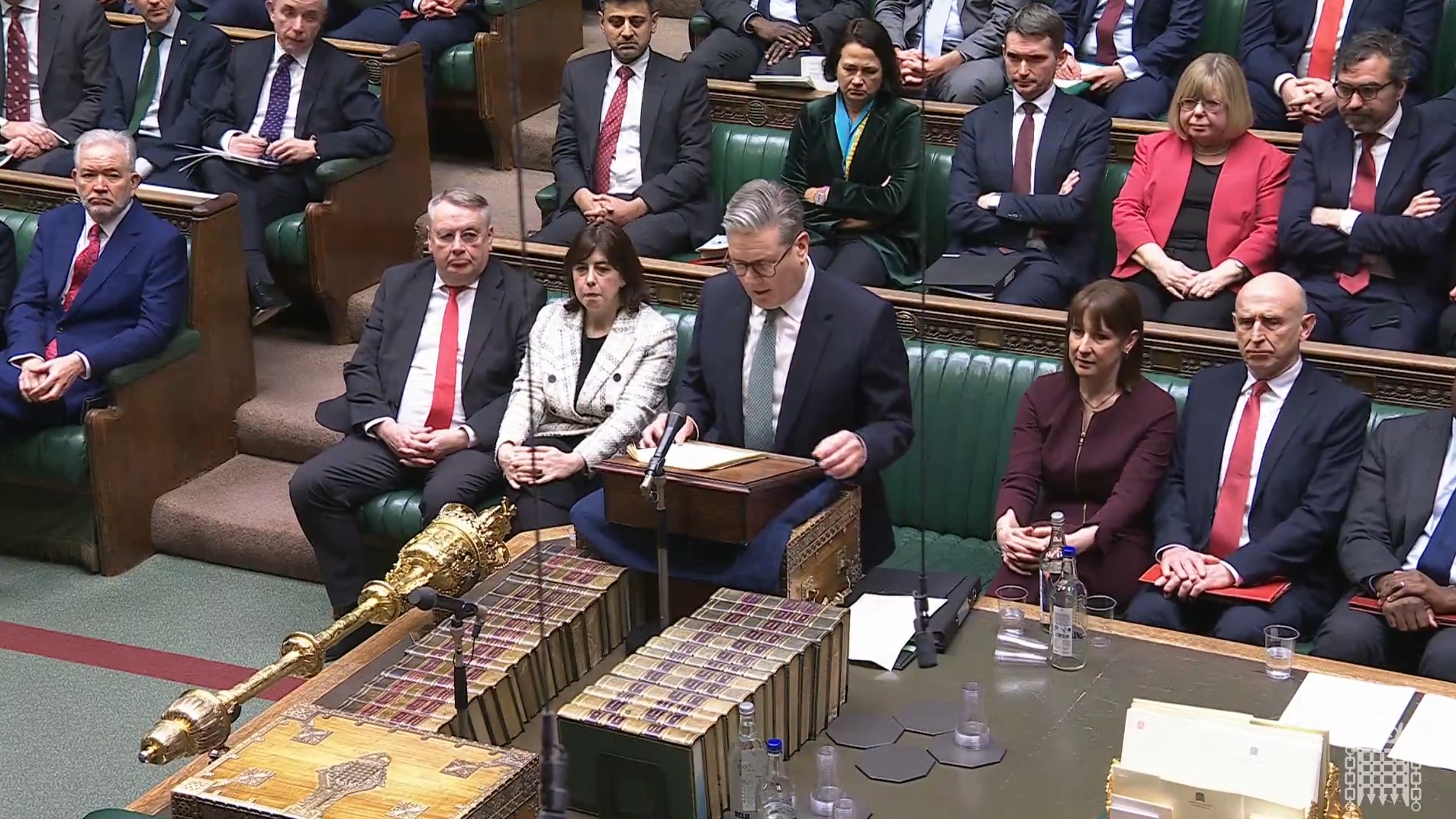
UK prime minister announces immediate boost to country’s defence spending
Peter Felstead
UK Prime Minister Sir Keir Starmer has announced an immediate upturn in UK defence spending in light of the war in Ukraine and the apparent abandonment of defence solidarity with Europe by the US Trump Administration.
Addressing the UK House of Commons on 25 February 2025, Starmer declared, “Starting today, this government will begin the biggest sustained increase in defence spending since the end of the Cold War. We will deliver our commitment to spend 2.5% of GDP on defence, but we will bring it forward so that we reach that level in 2027 and we will maintain that for the rest of this Parliament. Let me spell that out: that means spending GBP 13.4 billion [EUR 16.2 billion] more on defence every year from 2027.”
Starmer then said that, “On top of the funding of 2.5% that I have just announced, we will recognise the incredible contribution of our intelligence and security services to the defence of our nation, which means that, taken together, we will be spending 2.6% on our defence from 2027.”
While asserting that this additional investment in defence “means that the UK will strengthen its position as a leader in NATO and in the collective defence of our continent”, Starmer acknowledged that it “can only be funded through hard choices”, explaining that, “In this case, that means we will cut our spending on [international] development assistance, moving from 0.5% of GNI [gross national income] today to 0.3% in 2027, fully funding our increased investment in defence.”
The UK spending boost announcement comes ahead of Starmer travelling to the United States for a meeting with US President Donald Trump on 27 February: a meeting fraught with difficulty following Trump’s apparent siding with Russian President Vladimir Putin with regard to how peace should be resolved in Ukraine. On 18 February, during remarks made at his Mar-a-Lago residence in Florida, Trump even appeared to blame Ukraine for the Russian invasion of the country and called Ukrainian President Volodymyr Zelenskyy a “dictator”.
In introducing his spending boost statement to the House of Commons, Starmer made four key points, the first of these being that the fundamentals of British defence strategy are unchanged and that “NATO is the bedrock of our security and will remain so”.
“Secondly,” said Starmer, “we must reject any false choice between our allies – between one side of the Atlantic and the other.” While noting that the UK’s relationship with the US “is our most important bilateral alliance”, given that it “straddles everything from nuclear technology to NATO, Five Eyes, AUKUS and beyond”, Starmer asserted that “strength in this world also depends on a new alliance with Europe” and that “now is the time to deepen it”.
Thirdly, Starmer said that “for peace to endure in Ukraine and beyond we need deterrence” and that the UK “will continue to stand behind the people of Ukraine”, adding, “We must ensure that they negotiate their future, and we will continue to put them in the strongest position for a lasting peace.”
Lastly, Starmer said of the UK, “We must change our national security posture because a generational challenge requires a generational response”, even though this would “demand some extremely difficult and painful choices”, and that the country “must also seek unity: a whole-society effort”.
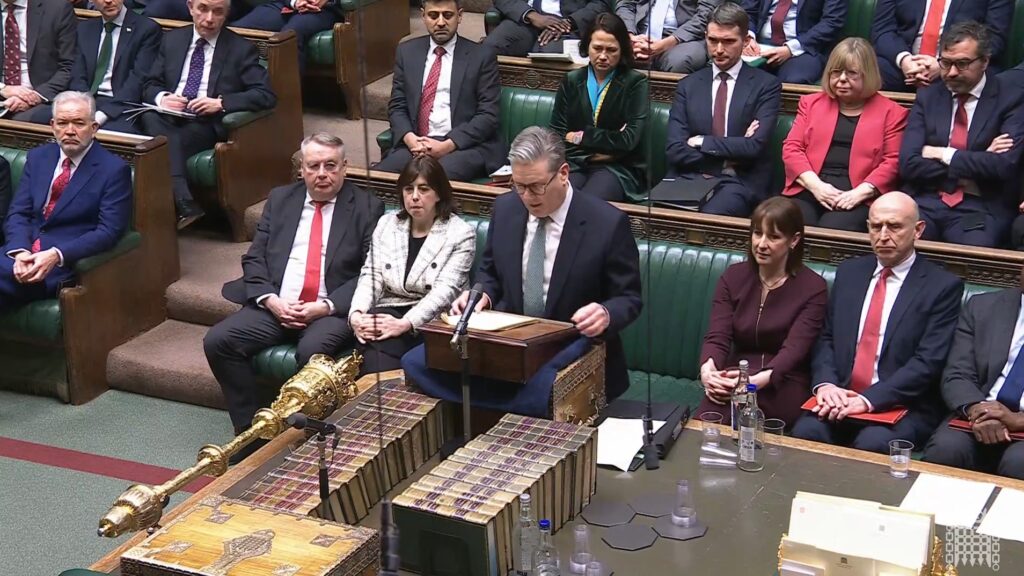




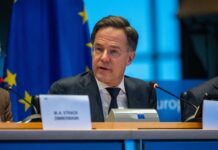

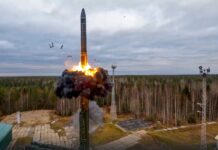
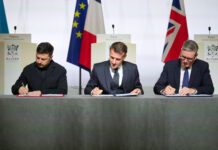


![Ukraine: Russian forces capture key towns [via Ugolok_Sitha Telegram Channel]](https://euro-sd.com/wp-content/uploads/2025/11/Russian-Motorbike-loaded_via-Ugolok_Sitha-Telegram-Channel-Kopie-218x150.jpg)

